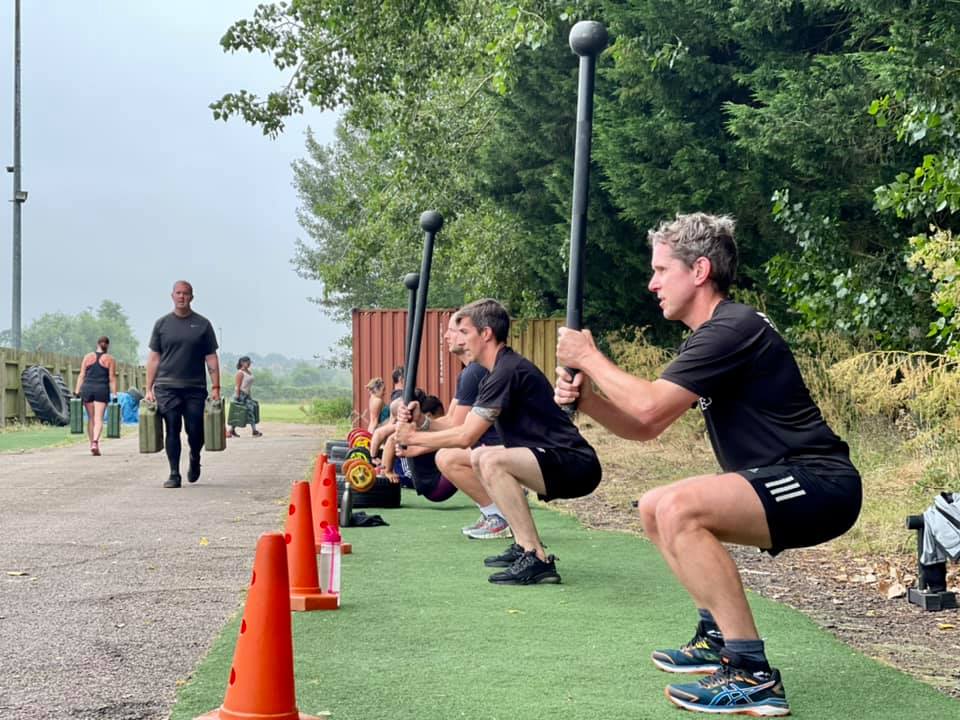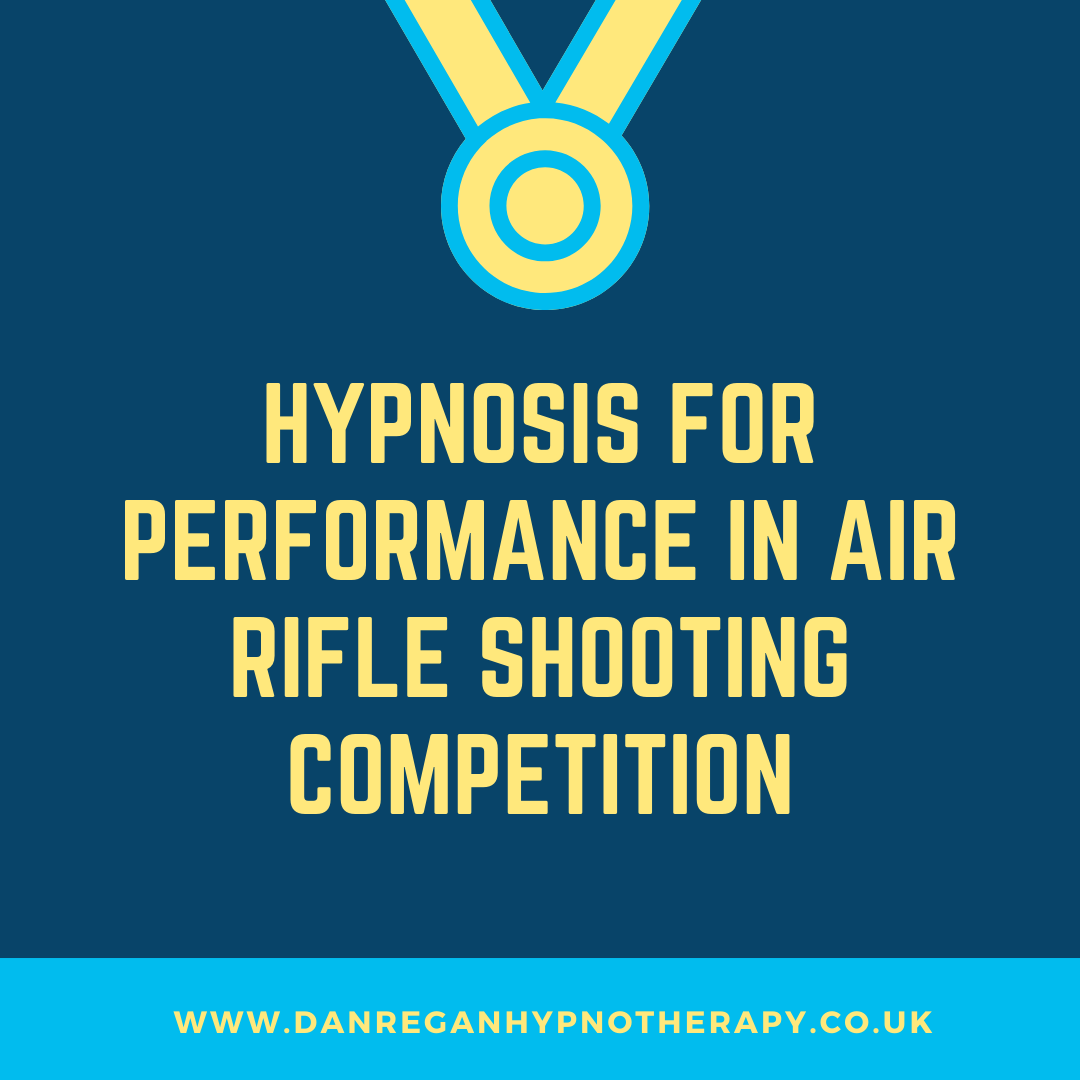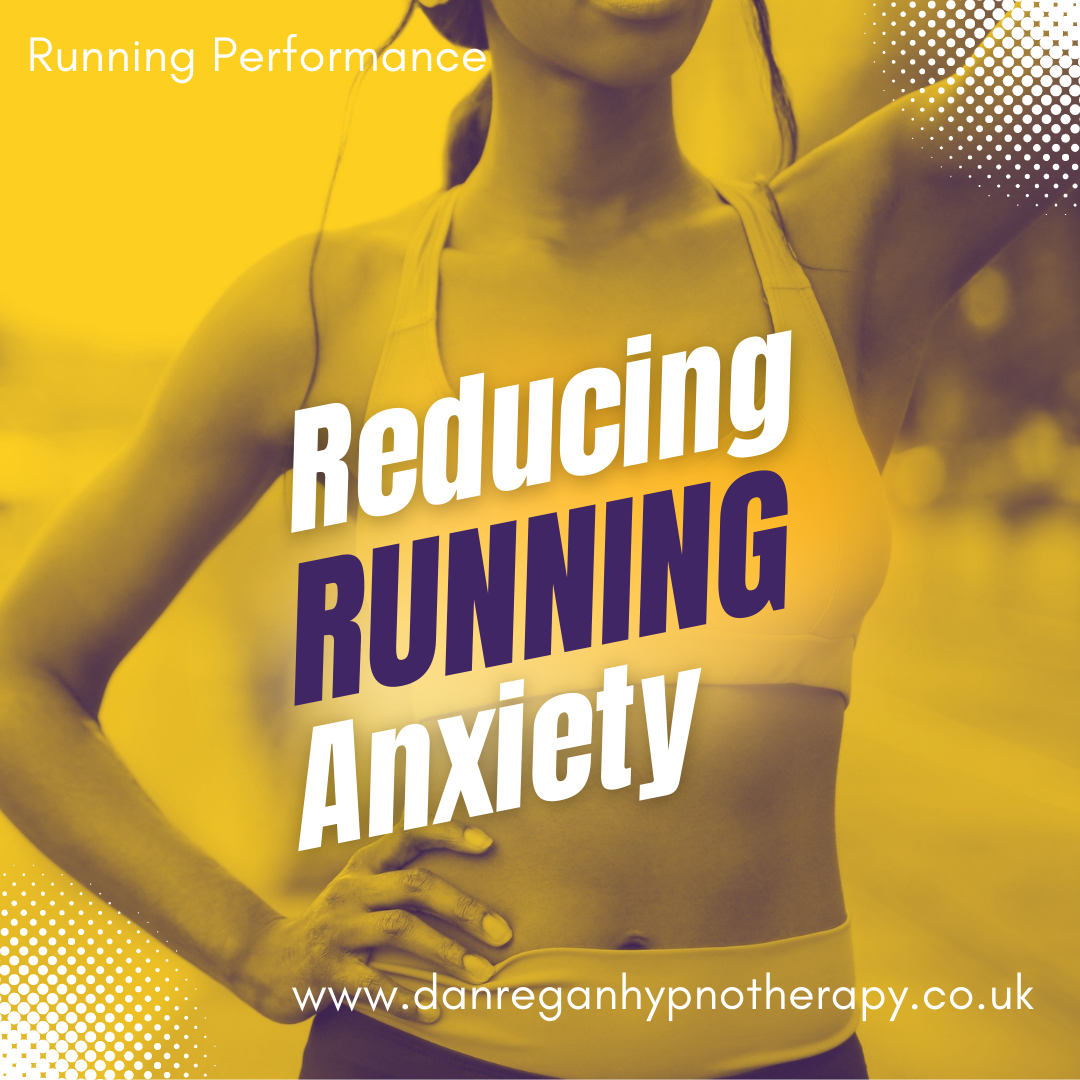Required
Ely Marathon Result – Hypnotherapy in Ely and Newmarket
Ely Marathon Result – Running Hypnotherapy in Ely and Newmarket
Phew! It was a scorching hot day on Sunday but I’m glad to report that I managed to somehow drag myself around the course and complete the Ely Marathon (part of the Ely Runfest organised by Ely Tri Club). You might think in October that it is going to be a reasonably cool day, yet the weather gods had other ideas!
My time wasn’t the best yet after so many years since my last marathon, I’m just super happy to have crossed the finish line and collected my medal. I’ll also be pretty happy when my legs stop aching as I’d forgotten about the challenges of stairs in the days after running a marathon (I’m glad my office is on the ground floor!!).
I wrote a little about my training and running psychology in this recent article: Marathon Training and Mindset where I also include links to many other articles that can help you with your running mindset to boost performance.













